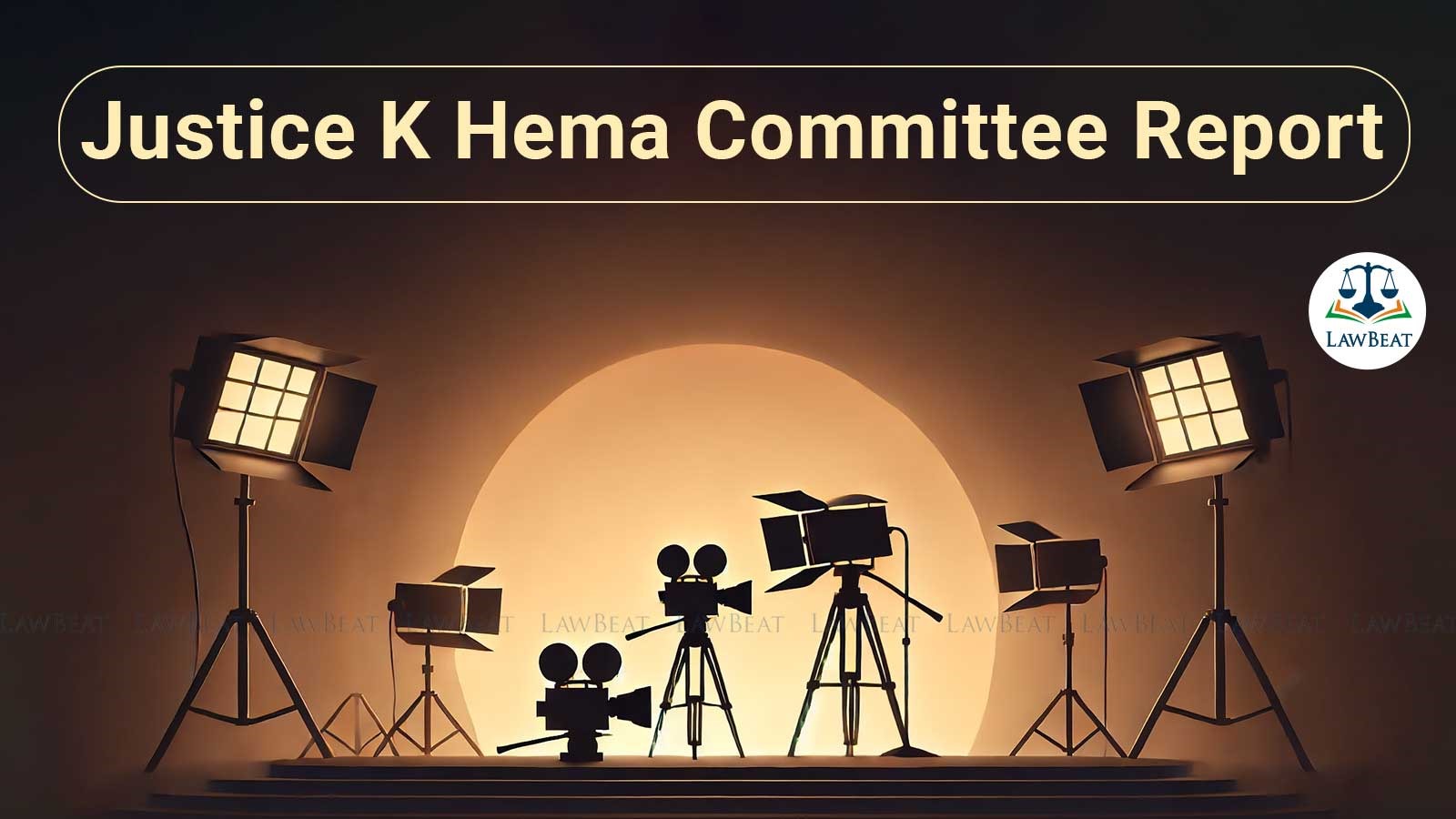‘Compromise’ & ‘Adjustment’ Common Terms : Kerala Government Releases Redacted Justice K Hema Committee Report

The report exposes that harassment in the film industry starts from the very inception, with women being told to make themselves available for sex on demand
The Kerala government has released the Justice K Hema Committee report, which sheds light on the troubling aspects of the Malayalam film industry, including the prevalence of casting couch and sexual exploitation faced by women and even men. However, parts of the 295-page report were redacted prior to its release under the Right to Information (RTI) Act.
The report, based on testimonies from 51 industry professionals, reveals that women are often asked to make "adjustments" and "compromises" - euphemisms for sexual favours - to secure roles. "According to women in cinema, the harassment starts from the very inception. It is revealed from the statements of various witnesses who were examined before the committee that production controller or whoever gives an offer for role in cinema first approaches the woman/ girl of it it is the other way and a woman approaches any person in cinema seeking a chance in cinema, she is told that she has to make "adjustments" and "compromise" to take her in cinema. "Compromise" and "adjustment" are two terms which are very familiar among women in Malayalam film industry and thereby they are asked to make herself available for sex on demand," the report highlighted.
It further exposes the poor working conditions of women in the industry, denying them basic human rights such as access to toilets and changing rooms, even on sets. Women often have to find secluded spots to change or use the bathroom during outdoor shoots, with no access to water or basic facilities.
“As study progressed into the issues faced by women in Film Industry, it started revealing that glamour of the industry is just an exterior glitter but, hovering over the same are, dark clouds of distress and endured agony, kept hidden from the outer world. We could listen to various sobbing stories of despair, not only of women but, of men too but, shockingly, they are silenced in the industry. Their anguish and agony die within the Industry, unable to be addressed, with no forum to seek solutions, though their problems are legion,” mentioned the report.
The Committee was established in response to a petition by the 'Women in Cinema Collective' in a sexual assault case involving an actor and submitted its findings to the chief minister on December 31, 2019,. The report's release has sparked concerns about the industry's treatment of women and the need for urgent reforms to address these issues. The State Information Commission (SIC) later allowed a plea to publicly release portions of the report after redacting personal information. However, a Malayalam Actress Ranjini challenged this move, citing concerns about her right to privacy. She argued that when the right to information under Article 19(1)(a) of the Constitution conflicts with the right to privacy under Article 21, the latter should take precedence due to reasonable restrictions on freedom of speech and expression.
A Division Bench of the Kerala High Court, comprising Acting Chief Justice A Muhamed Mustaque and Justice S Manu, admitted the appeal filed by the actress challenging a single judge's order to allow the publication of the Justice Hema Committee Report and listed the matter for hearing on August 19. The report was, however, released after the court clarified that an appeal could not be entertained since Ranjini was not a party to the original writ petition filed by producer Sajimon Parayil, where the impugned judgment was delivered. “The learned single judge had no occasion to consider the individual rights of the appellant. The remedy in such matters is for the appellant to approach the single judge challenging the actions which, according to the appellant, affect her individual right of privacy,” the Court observed.
